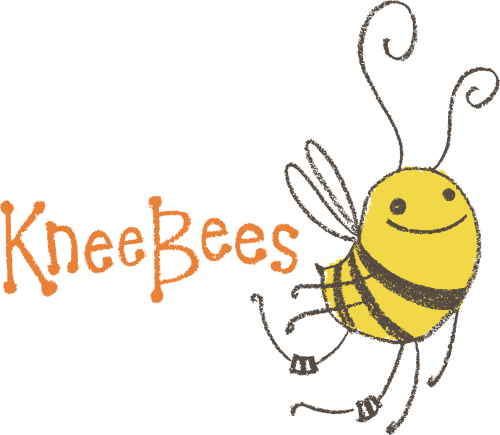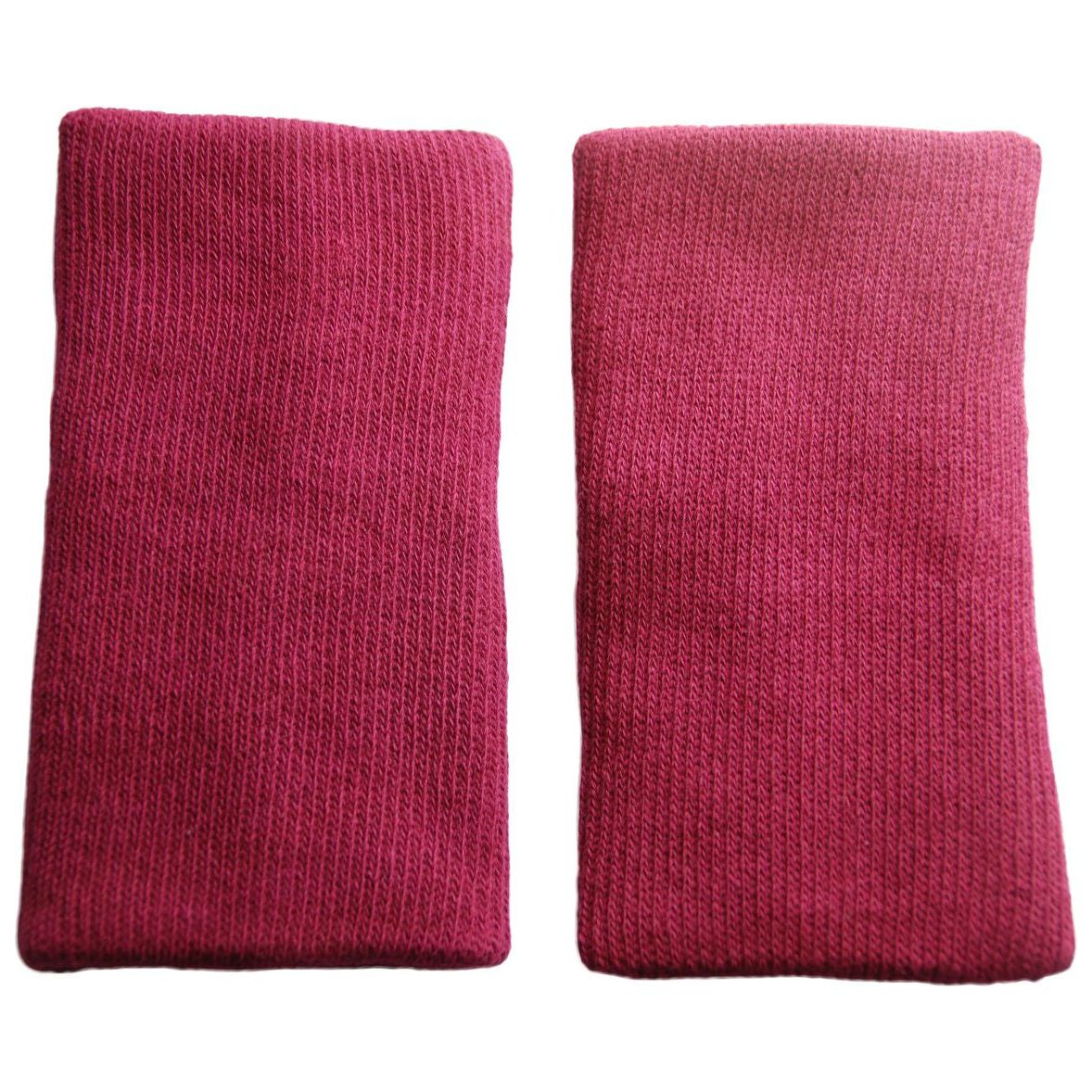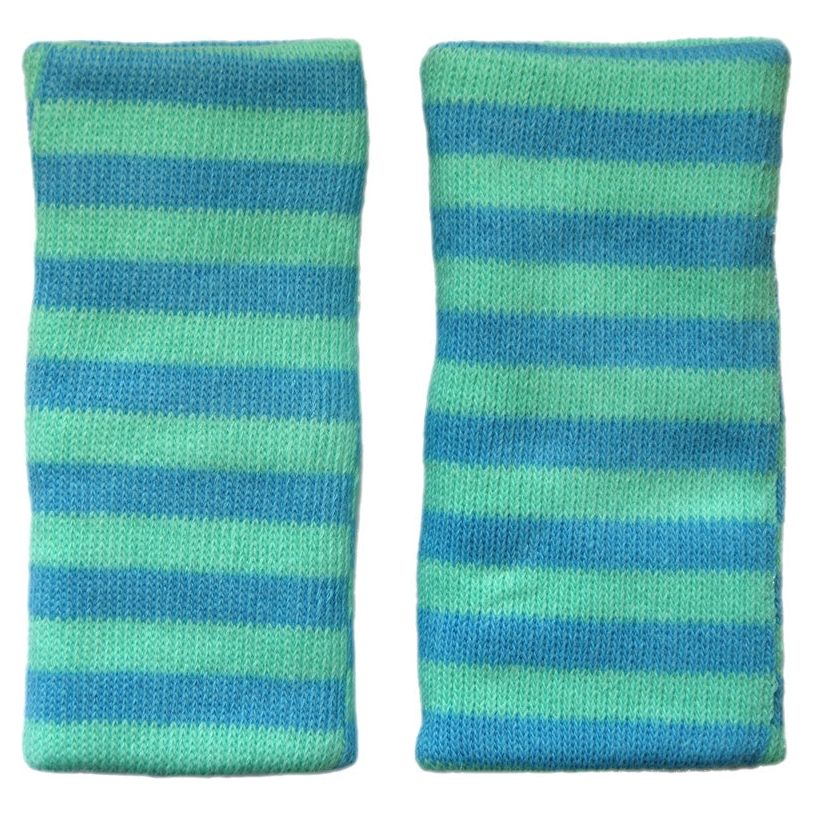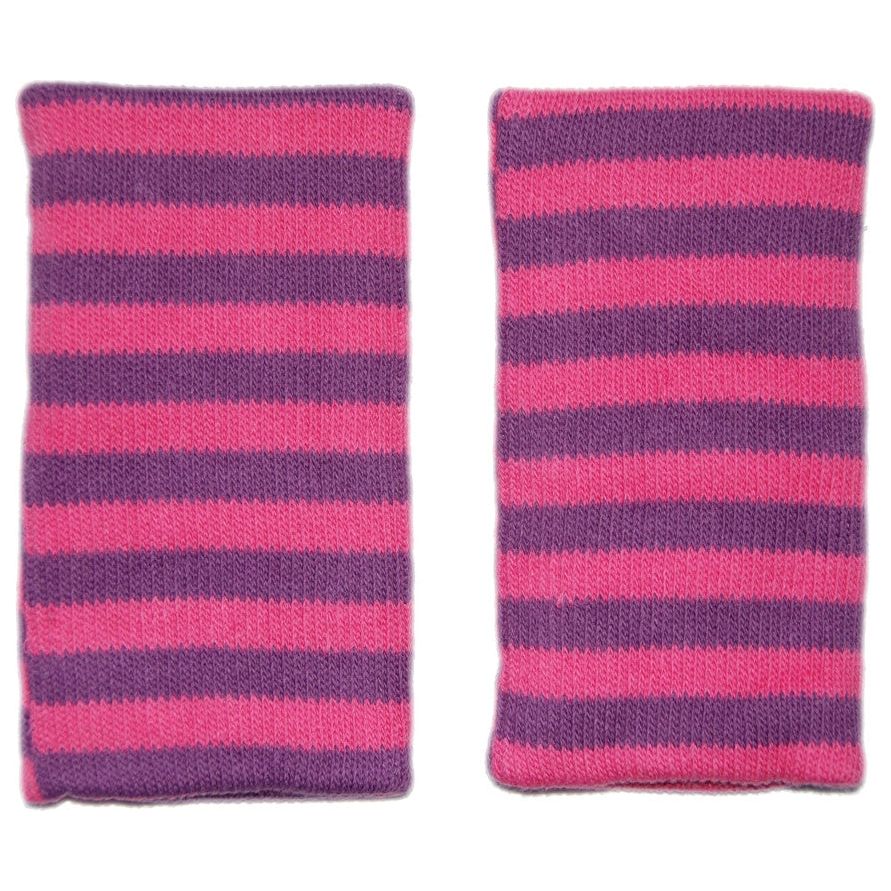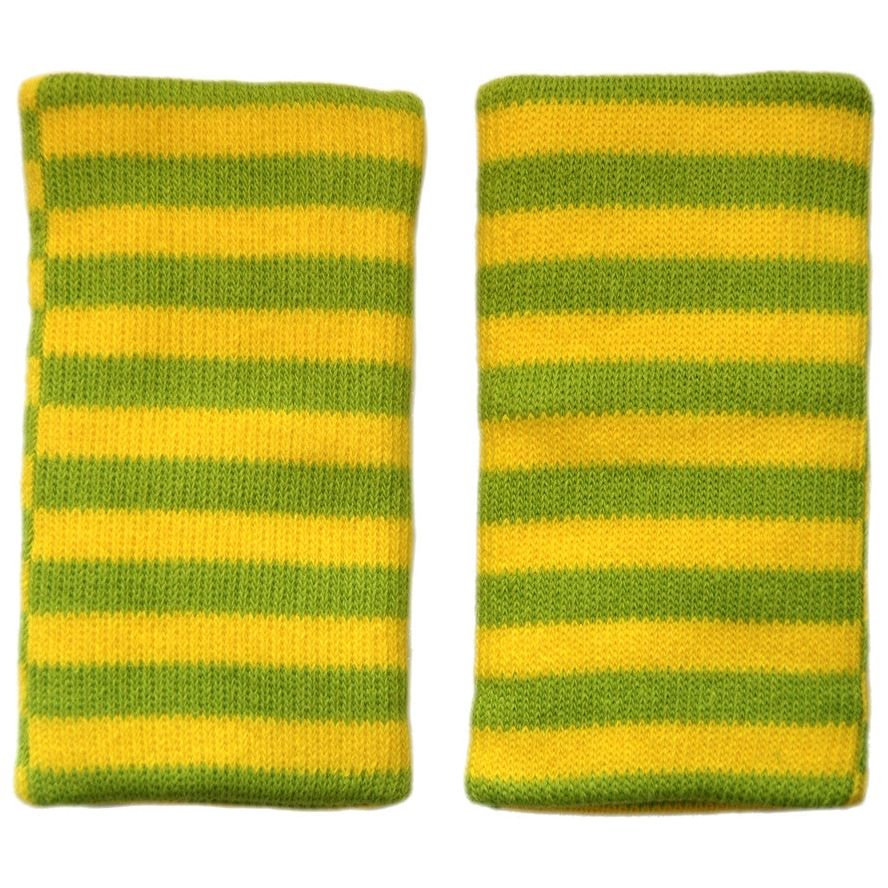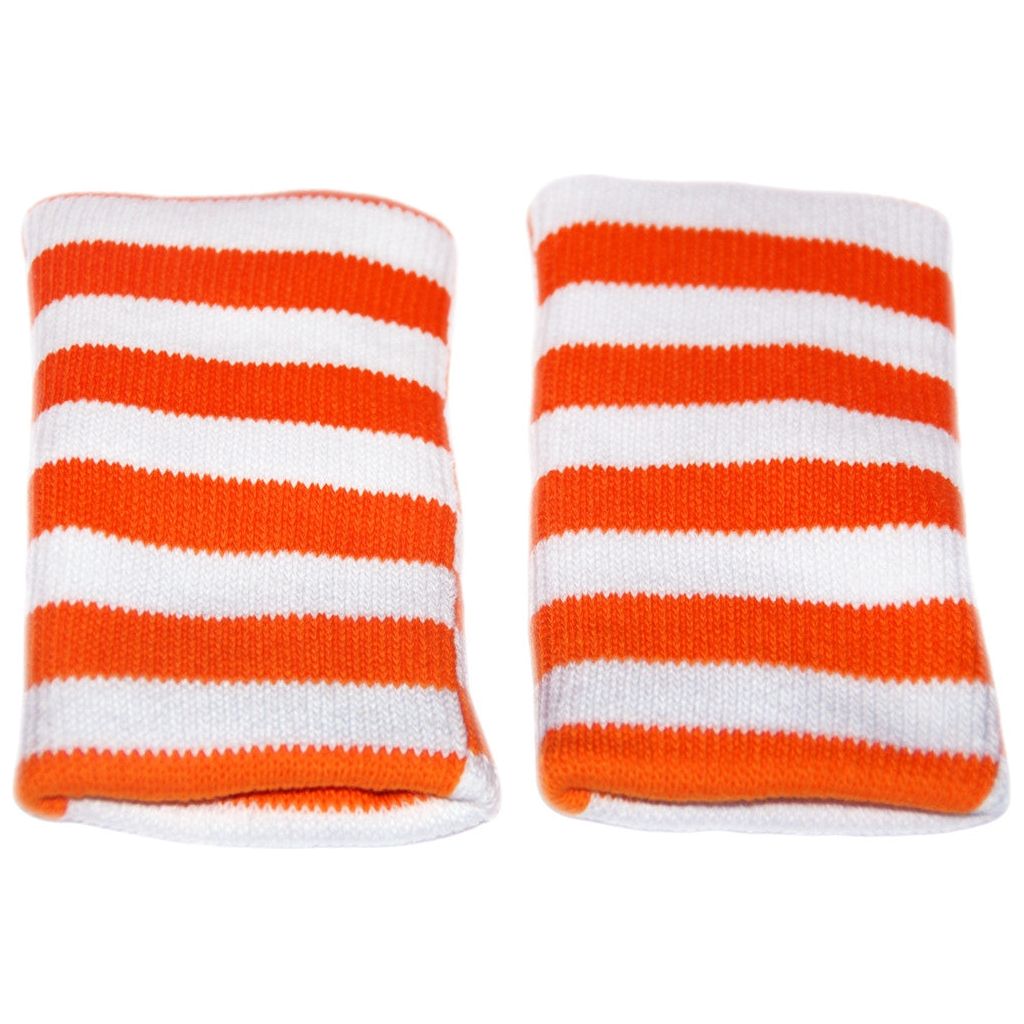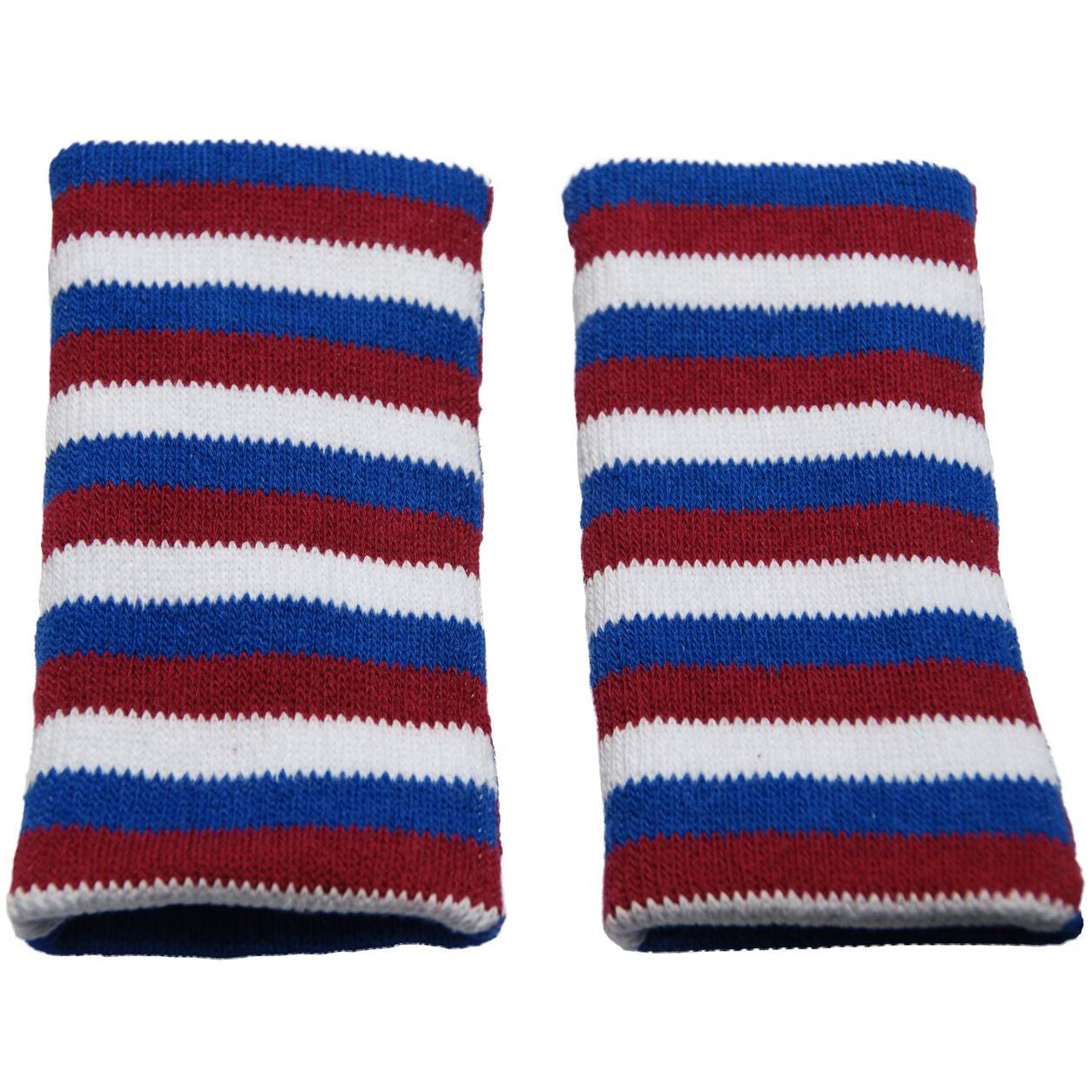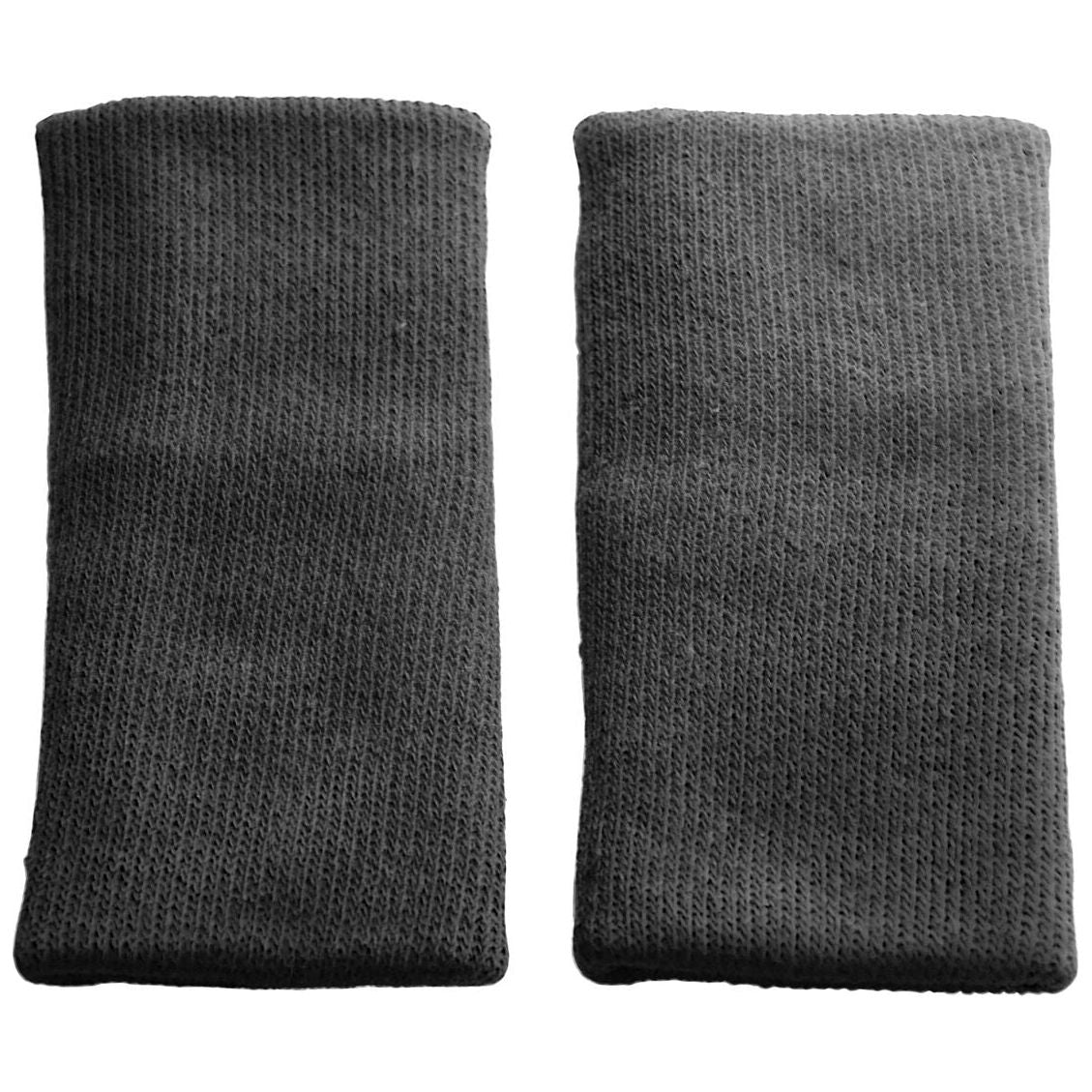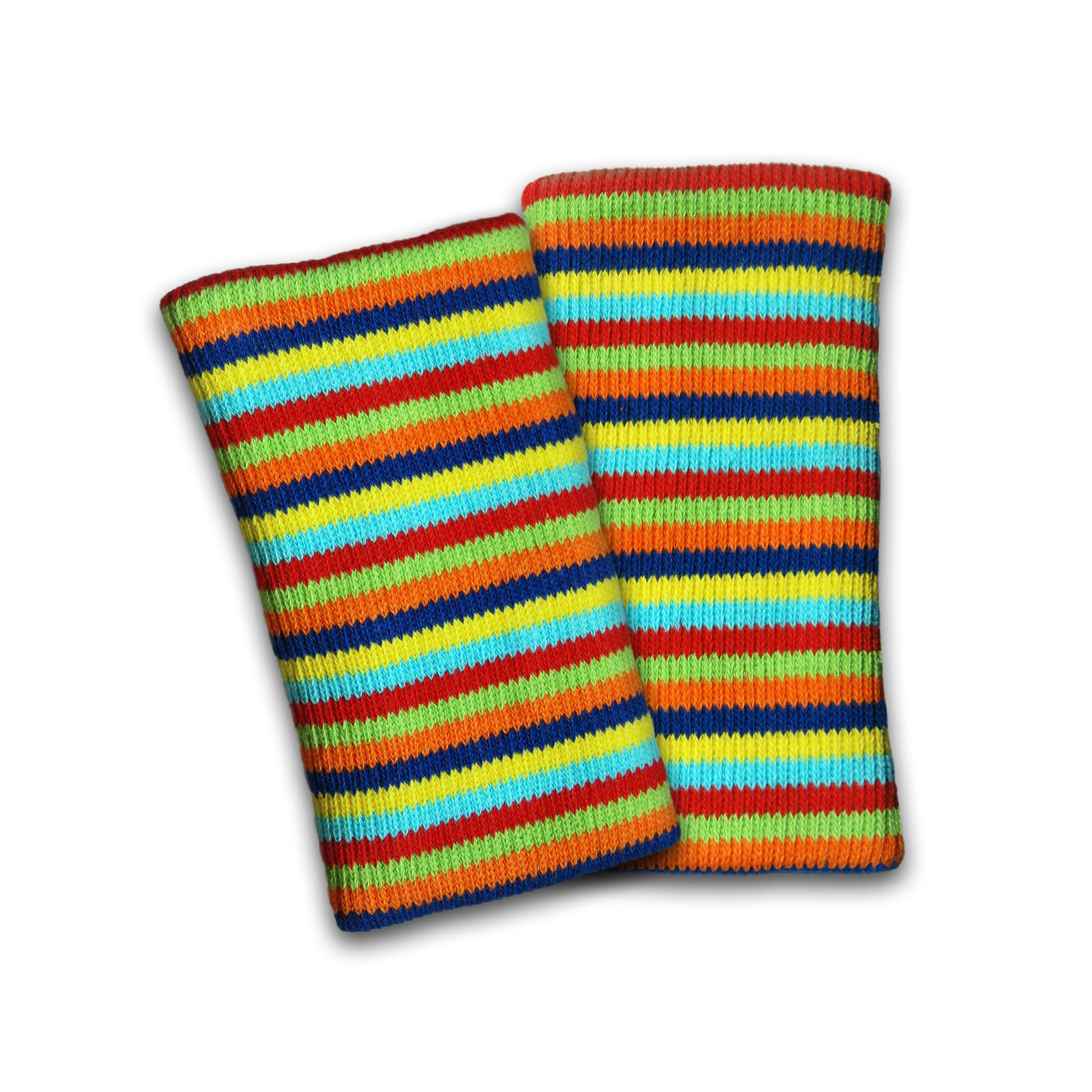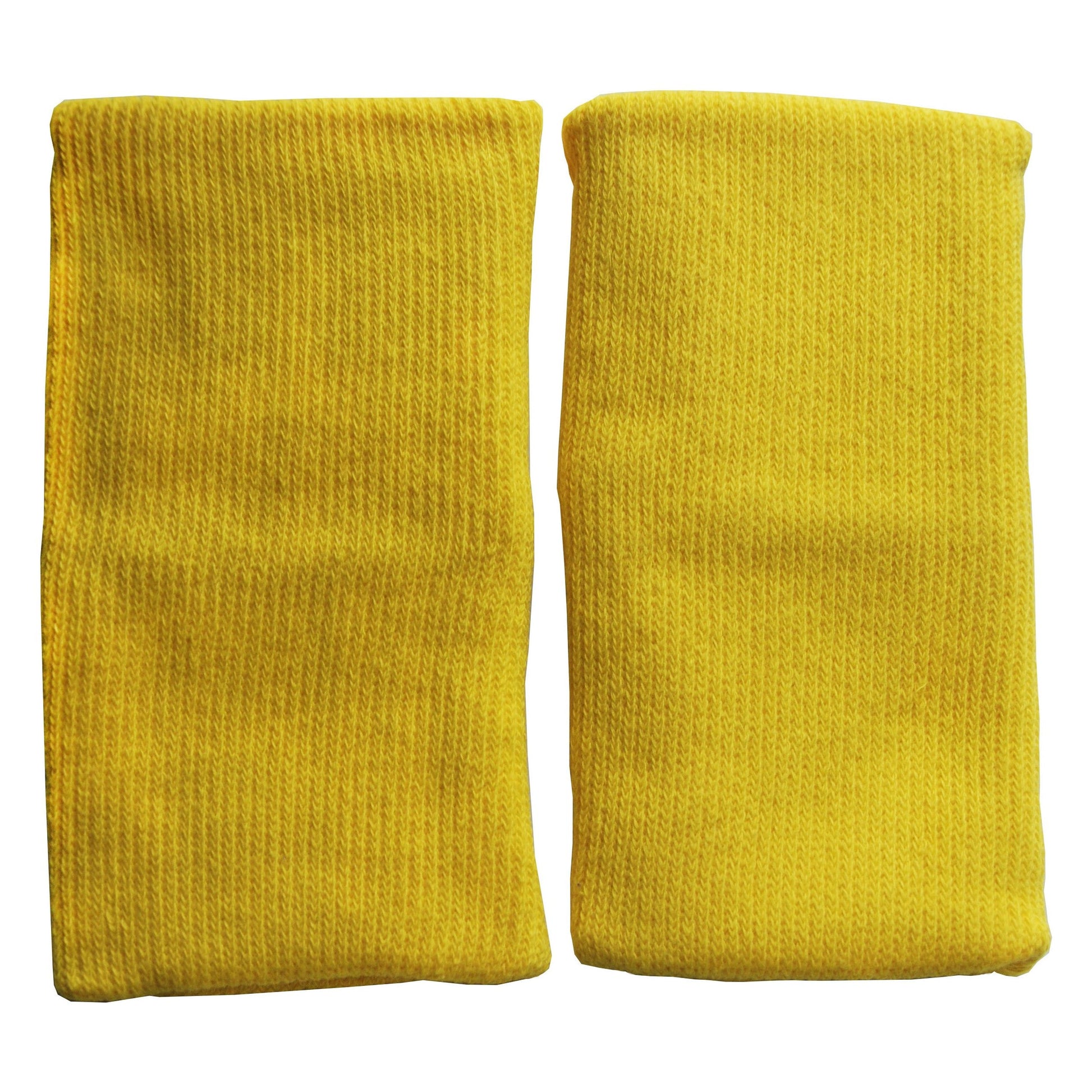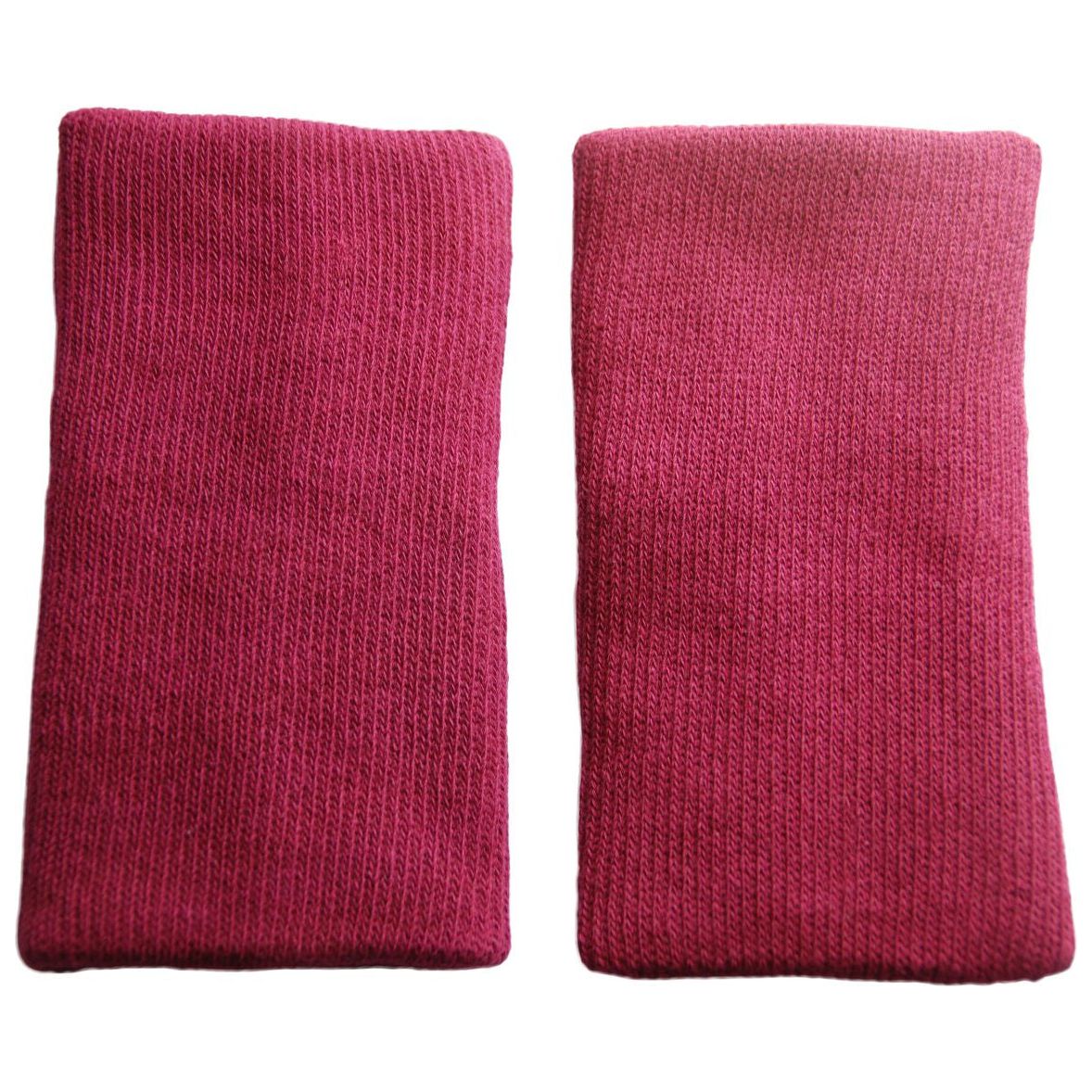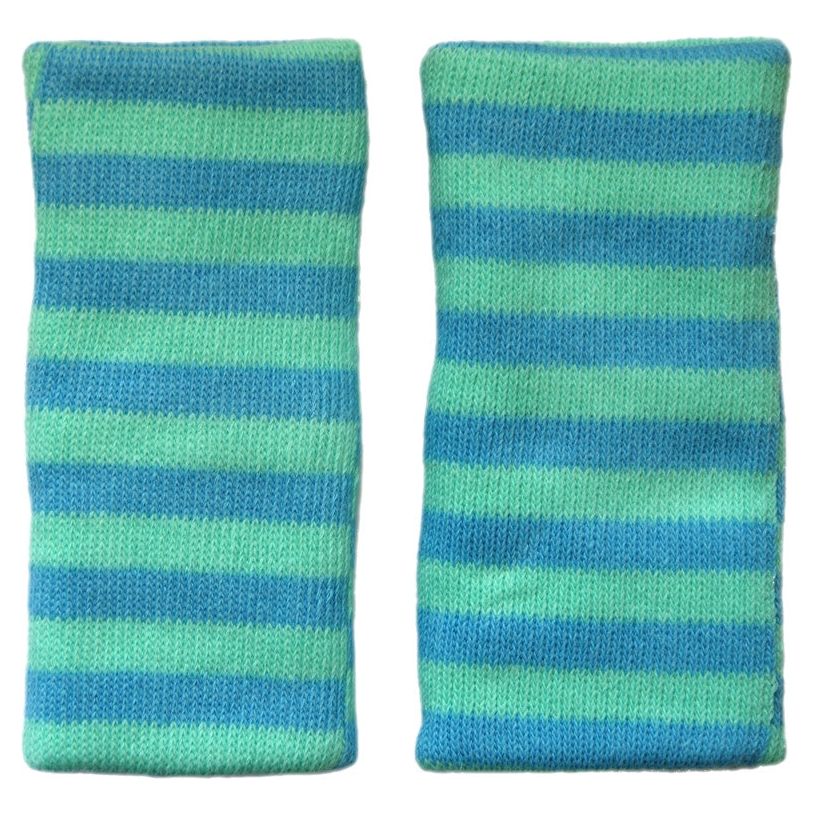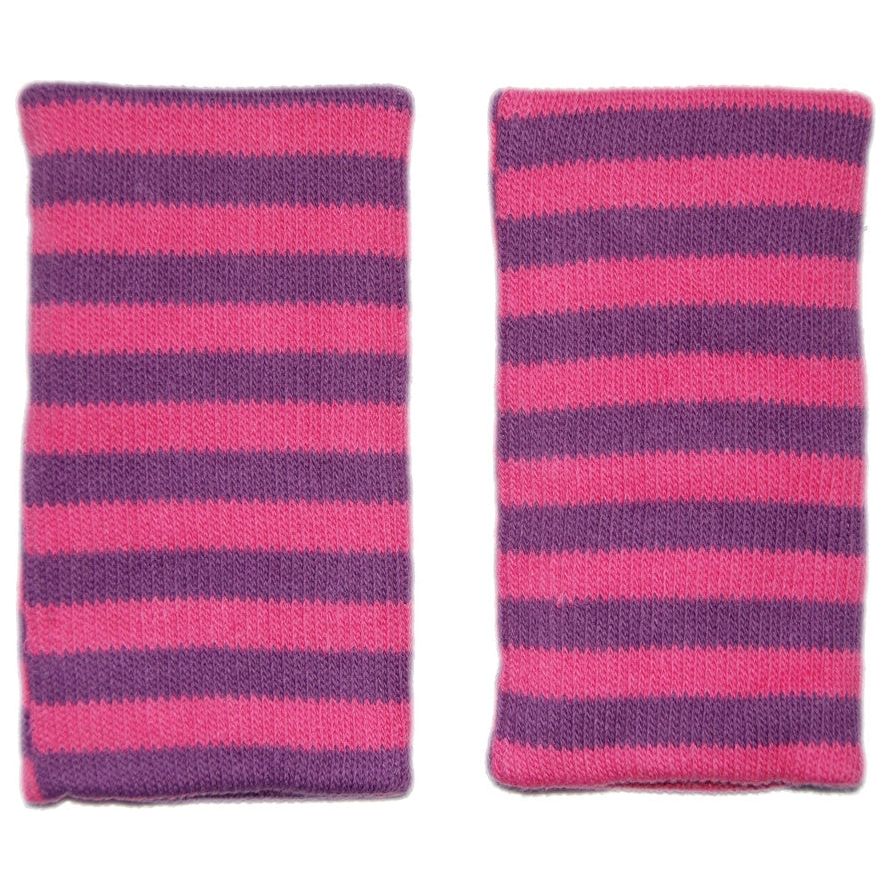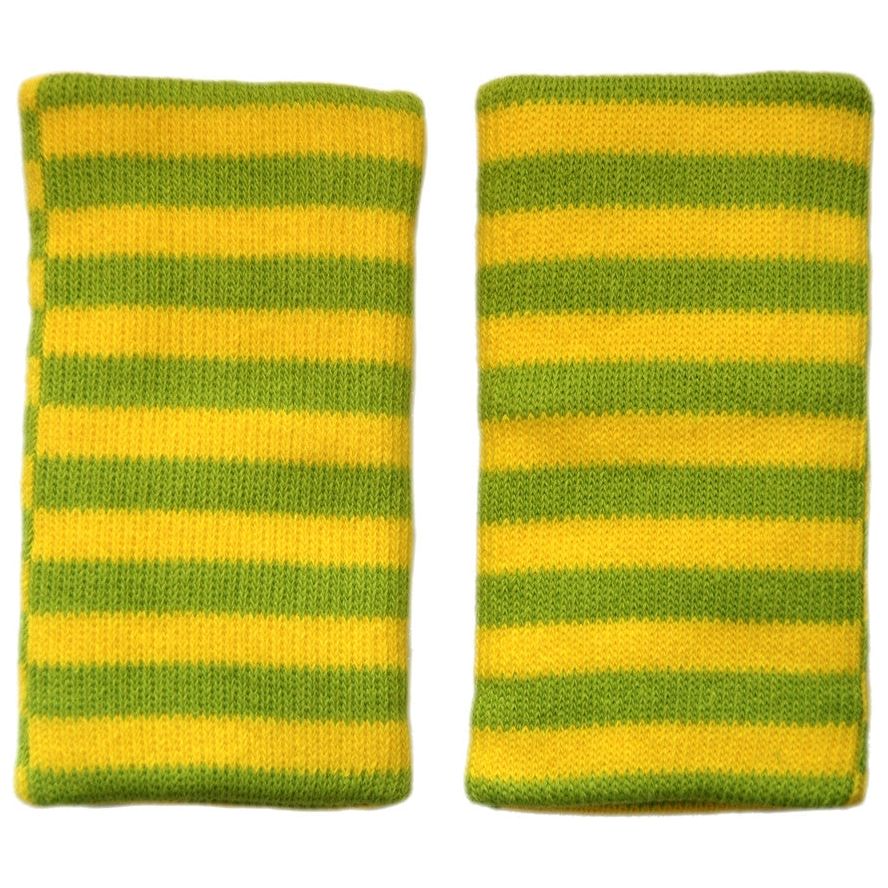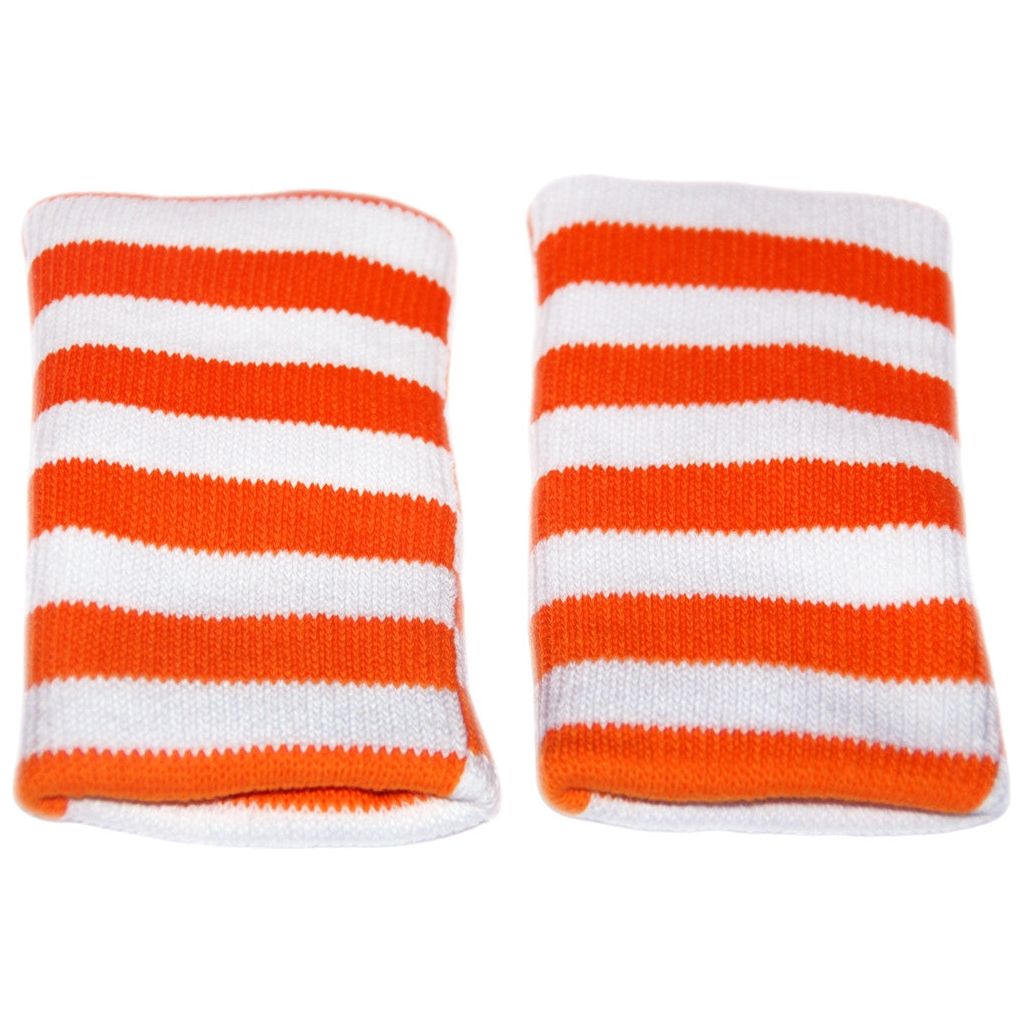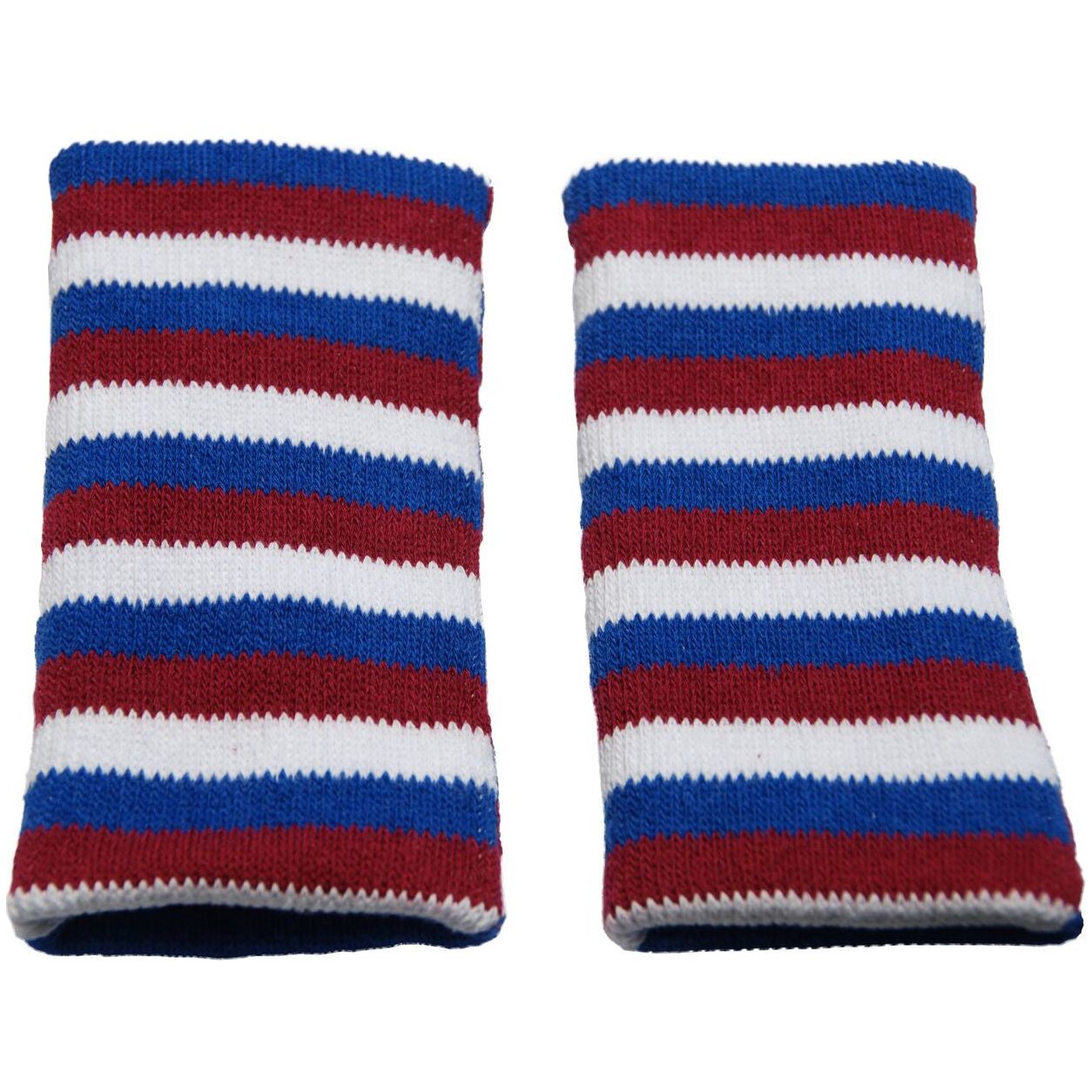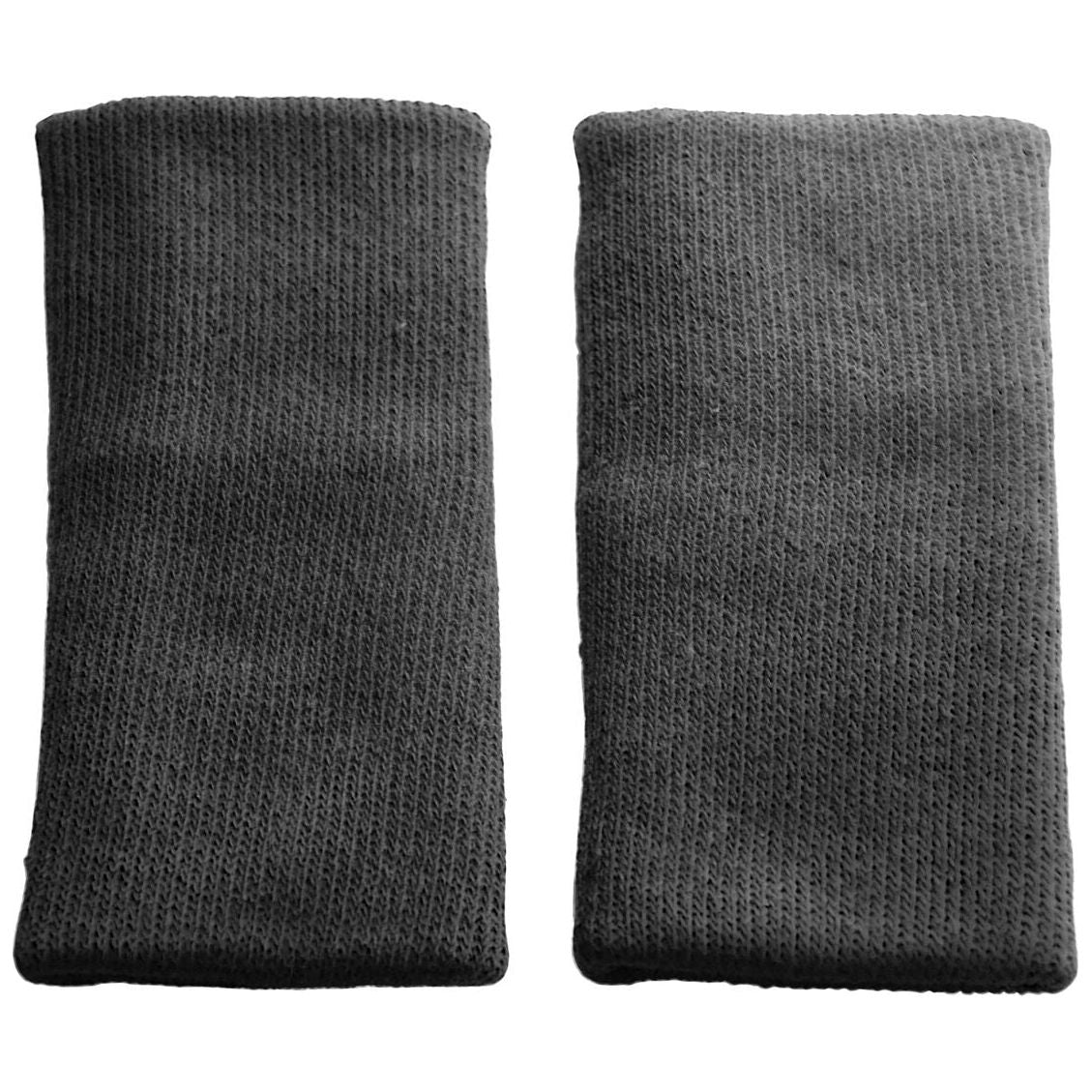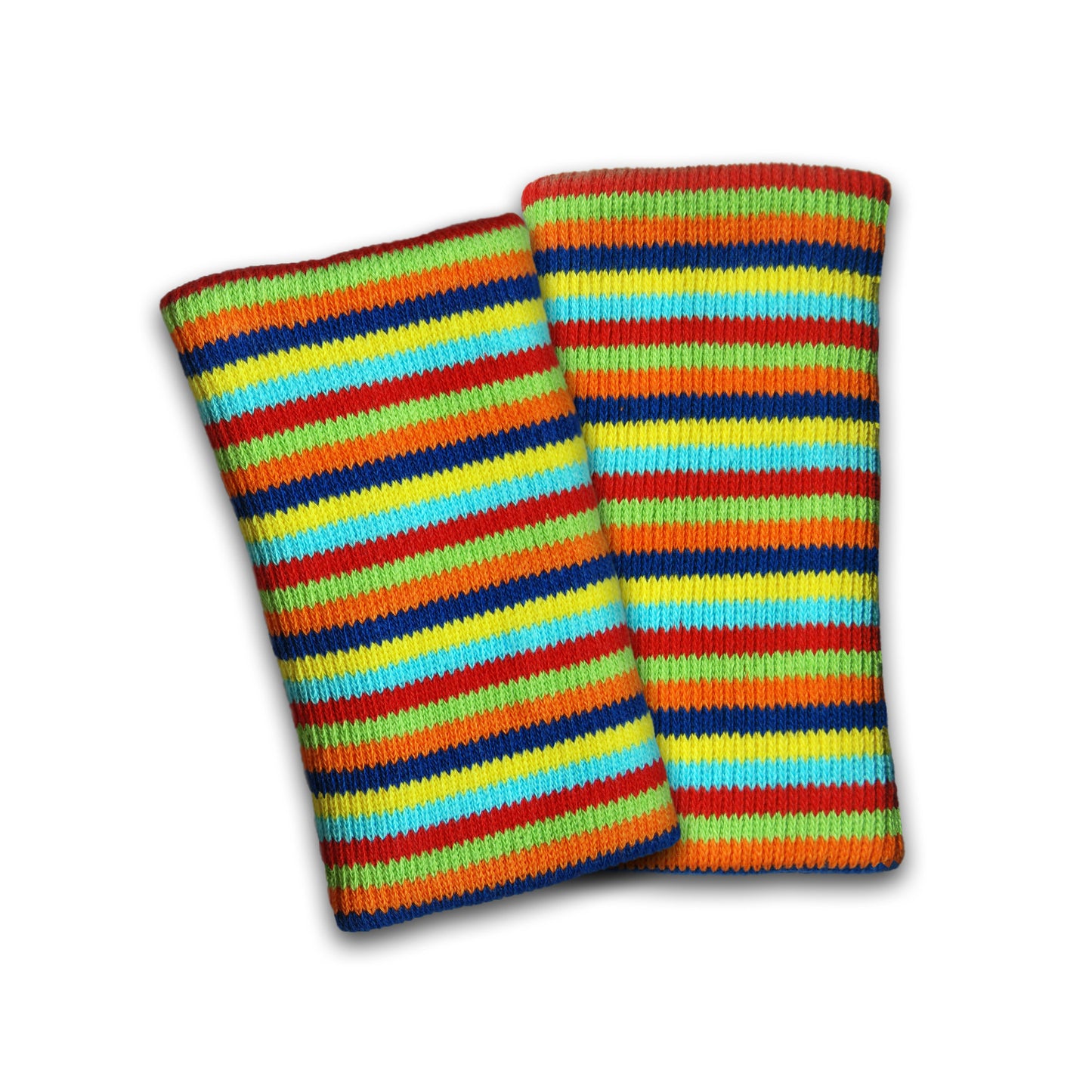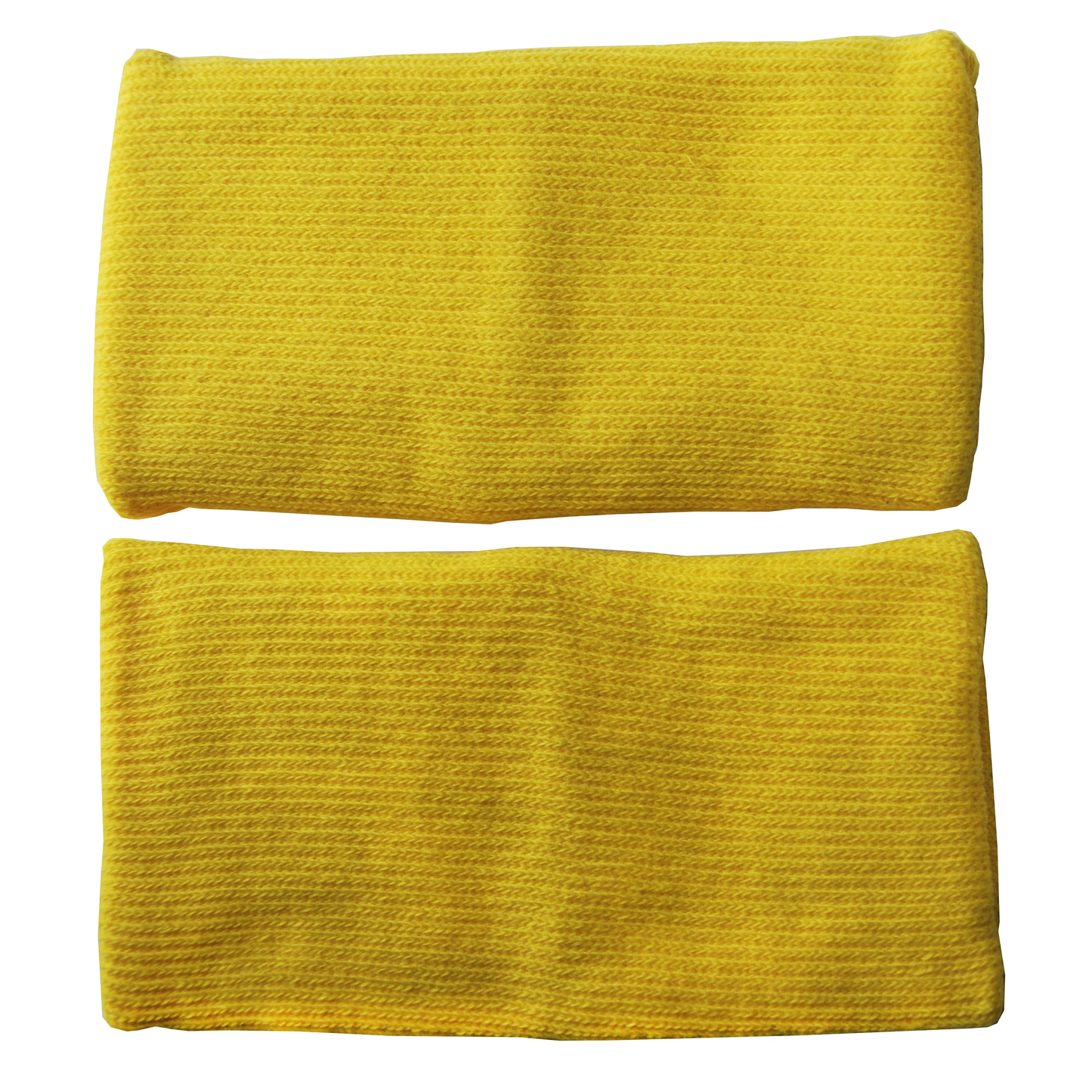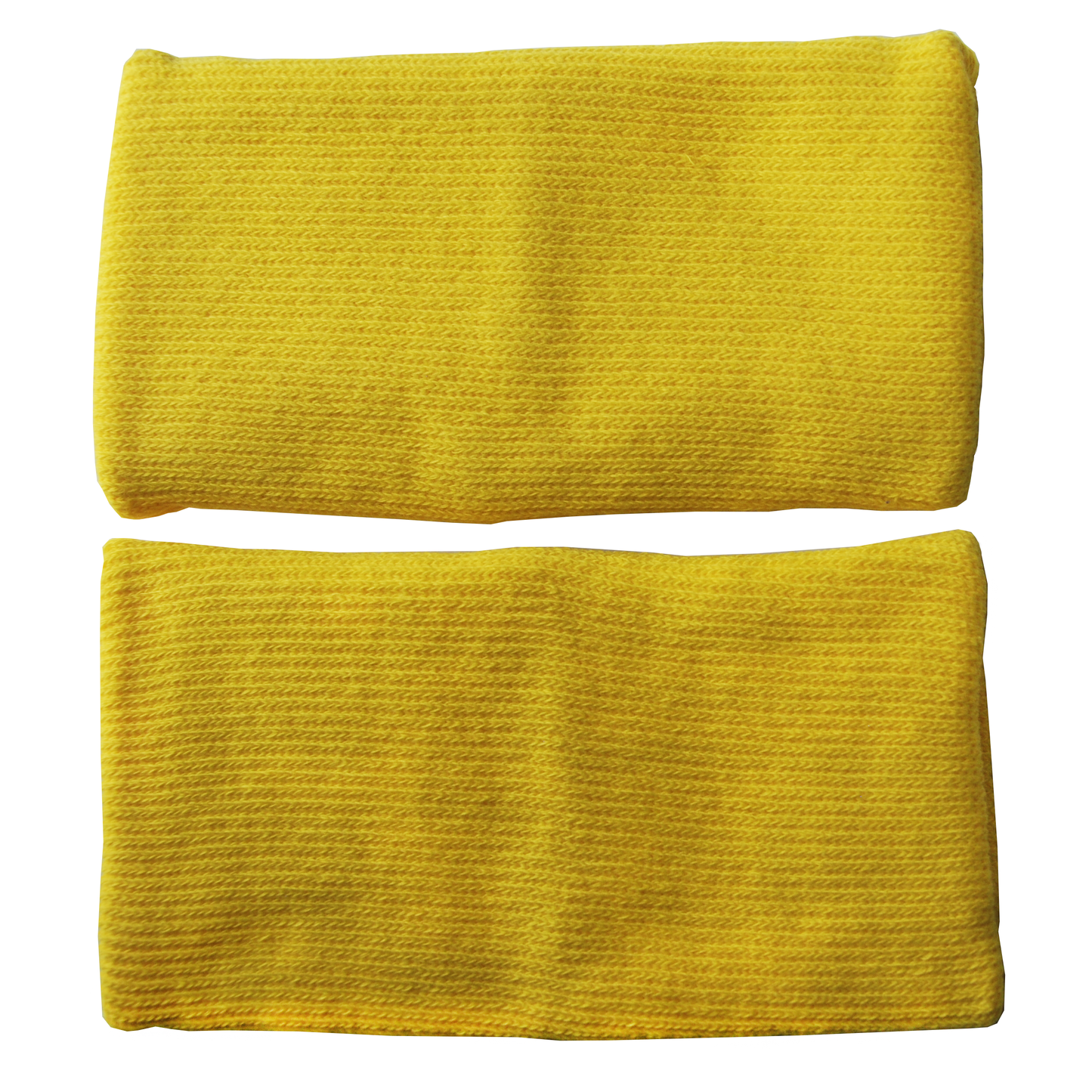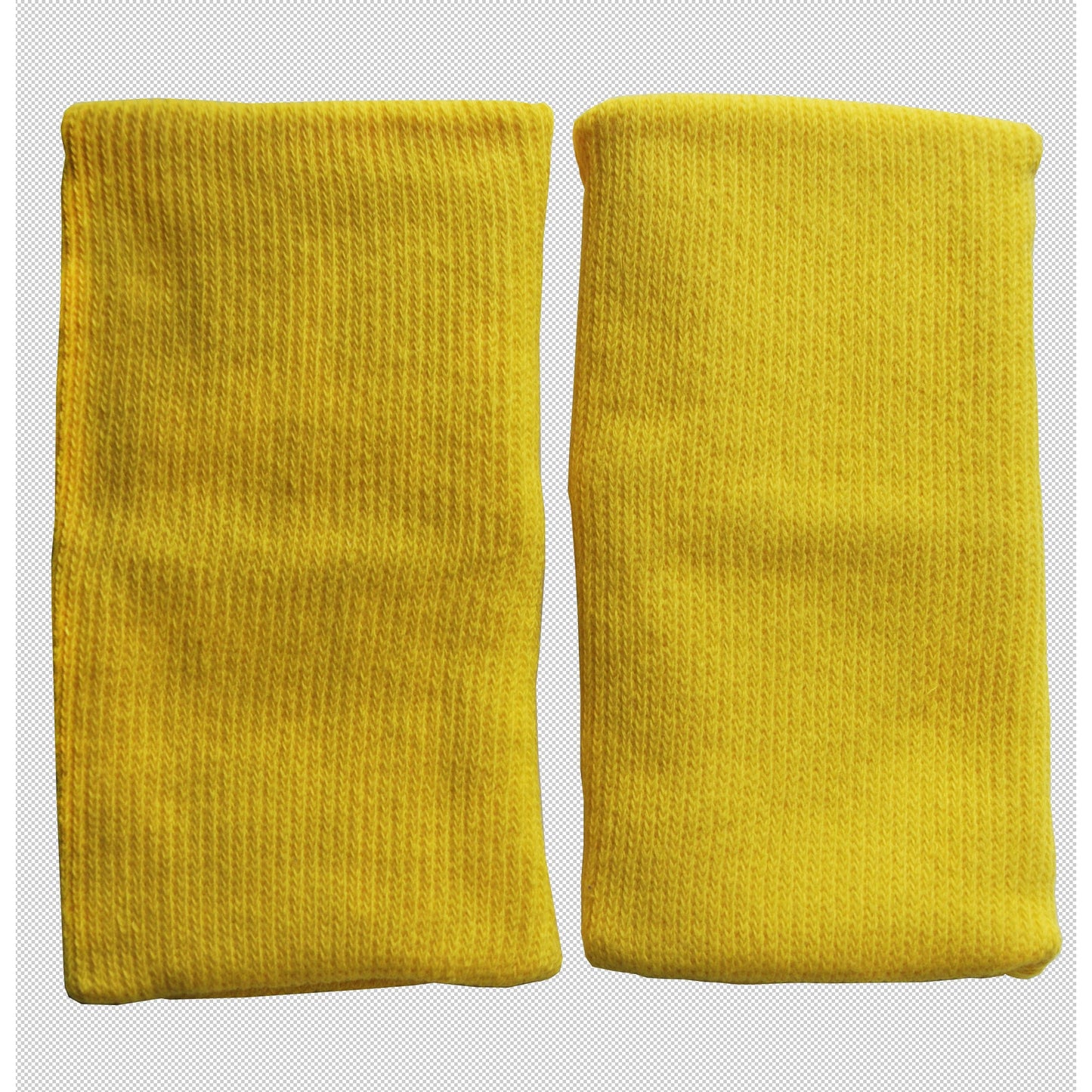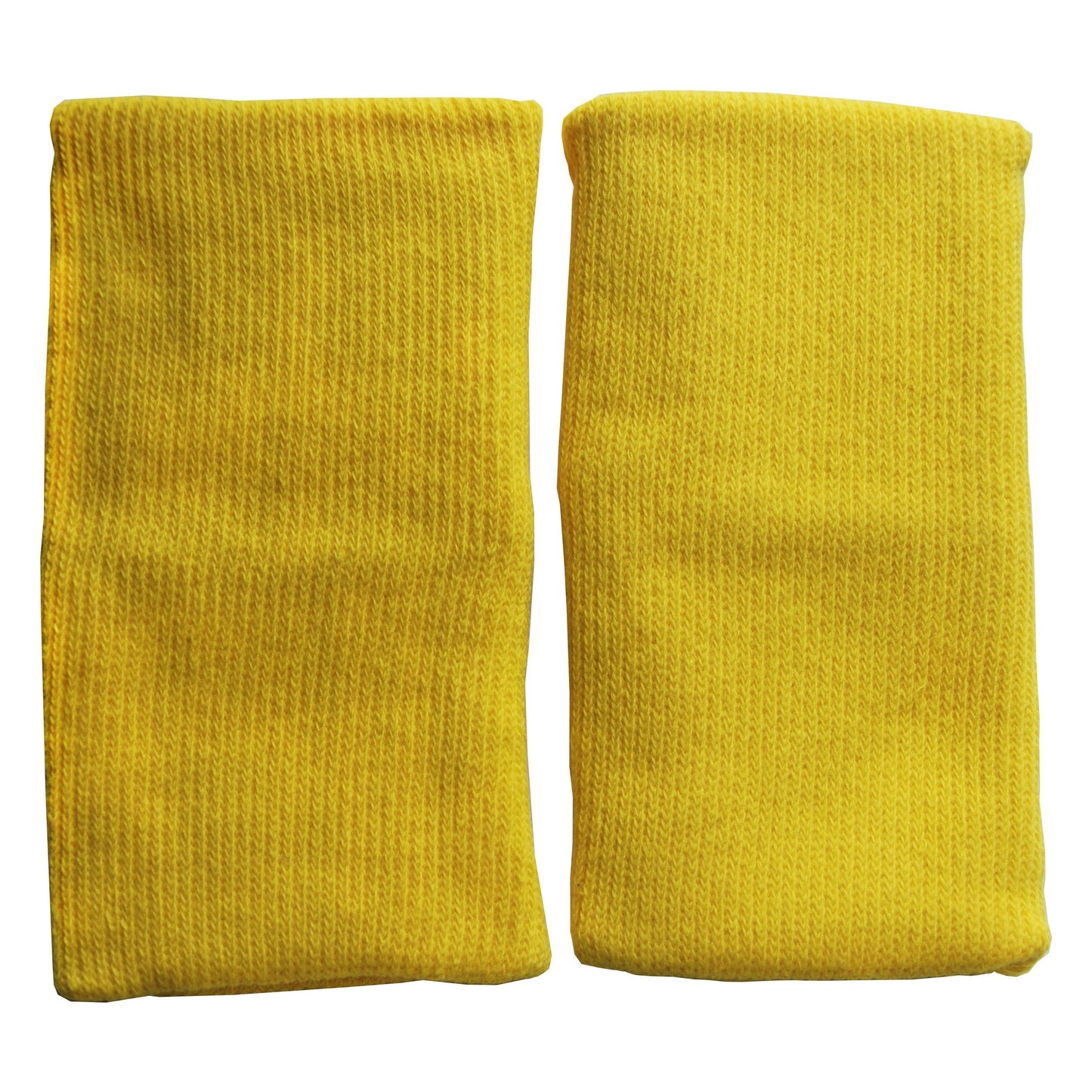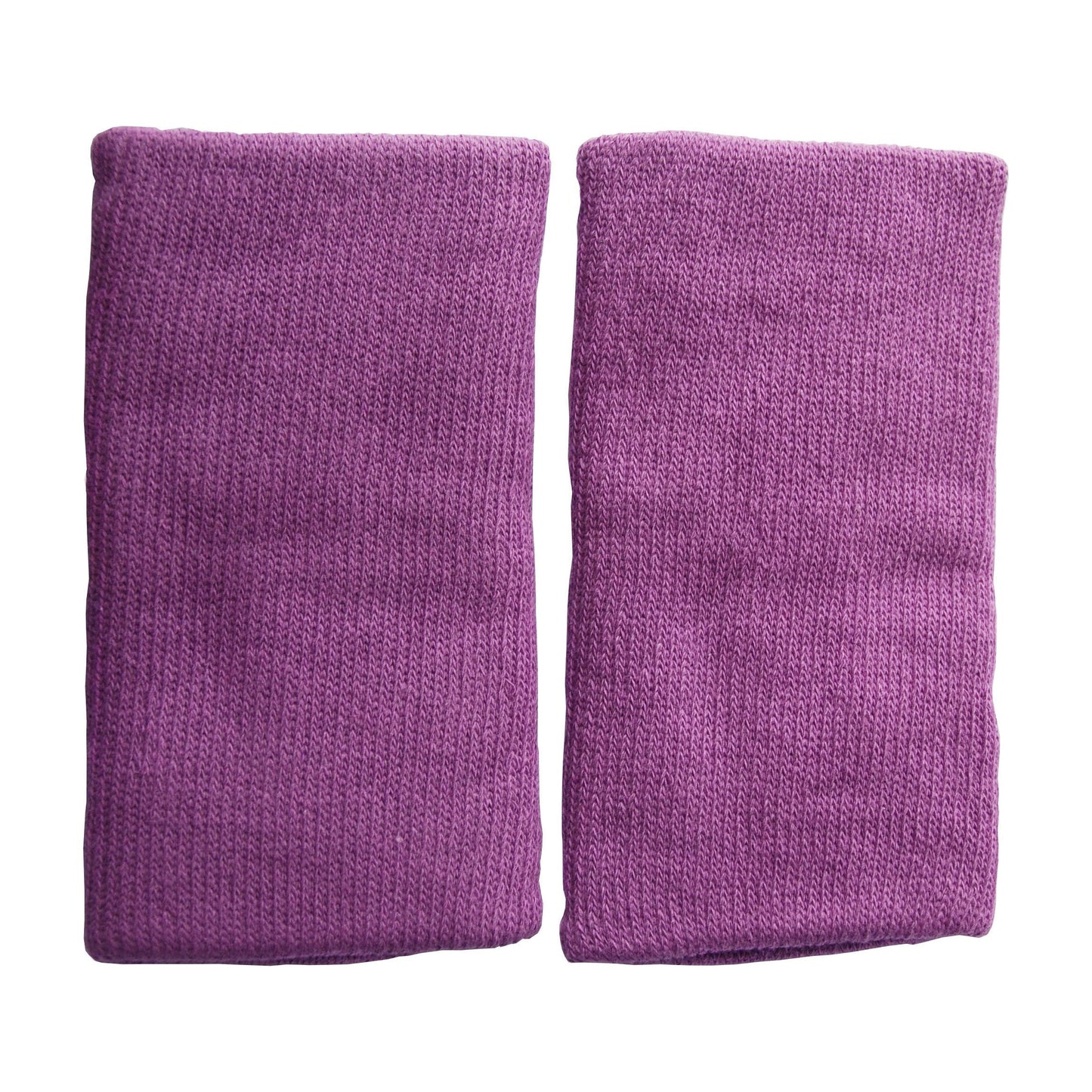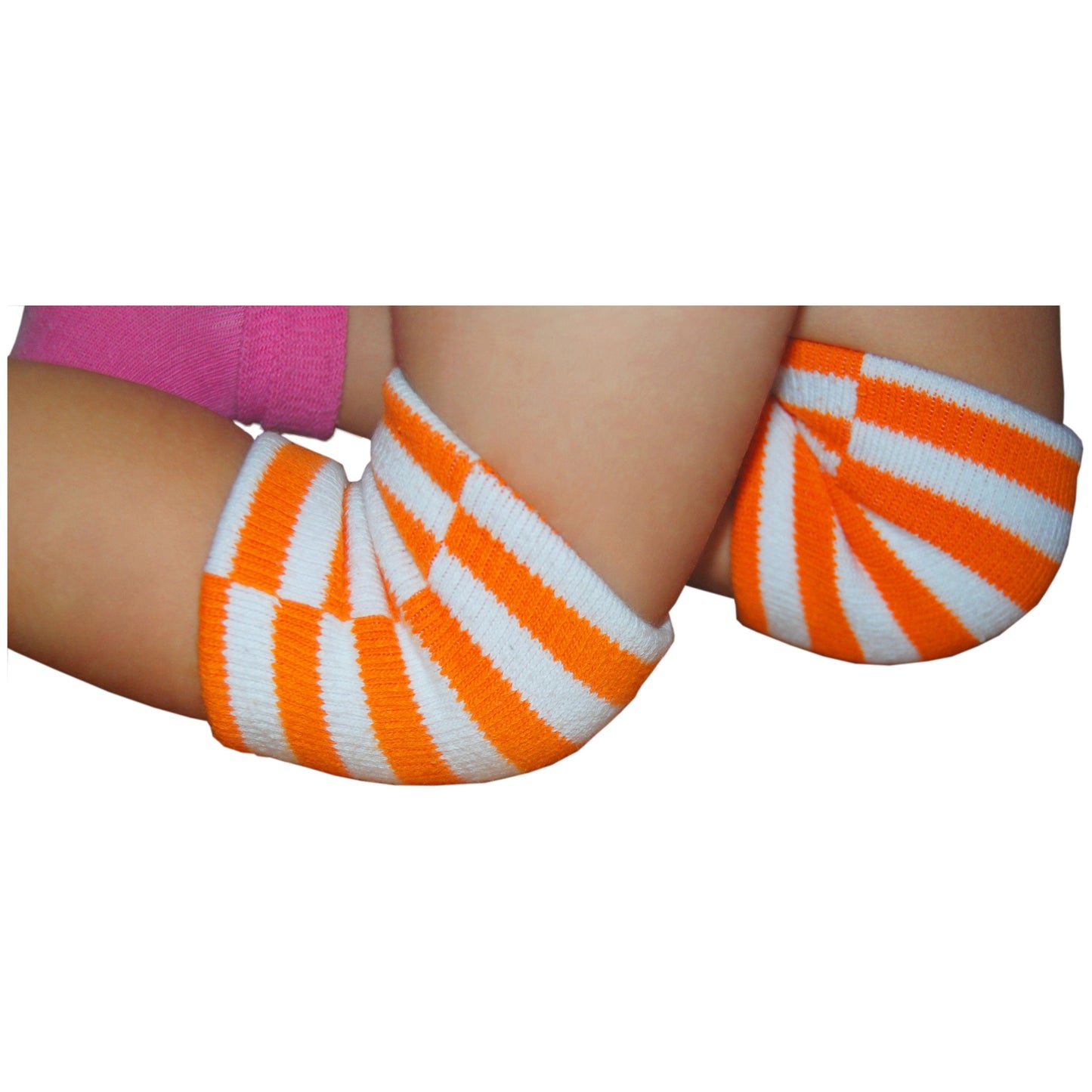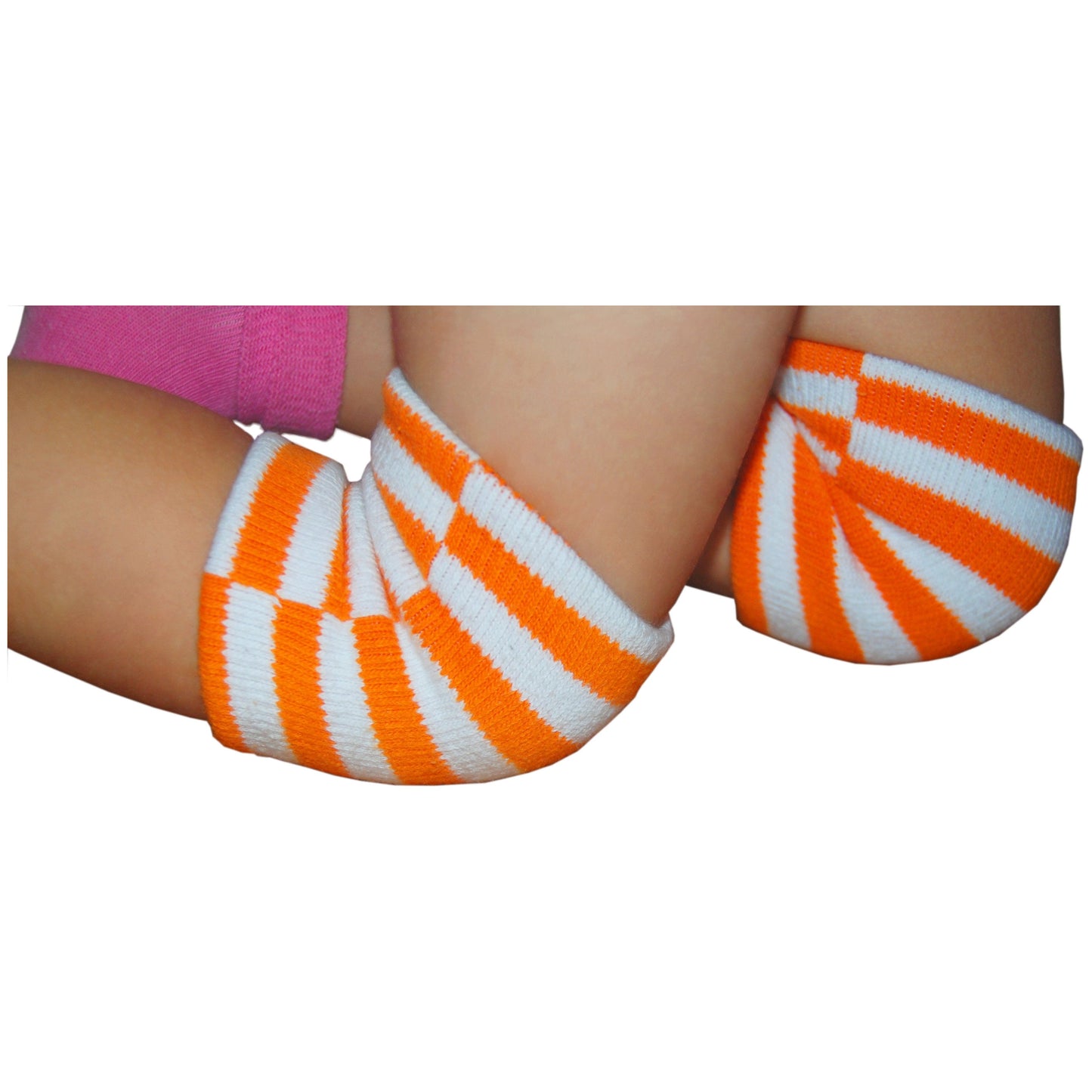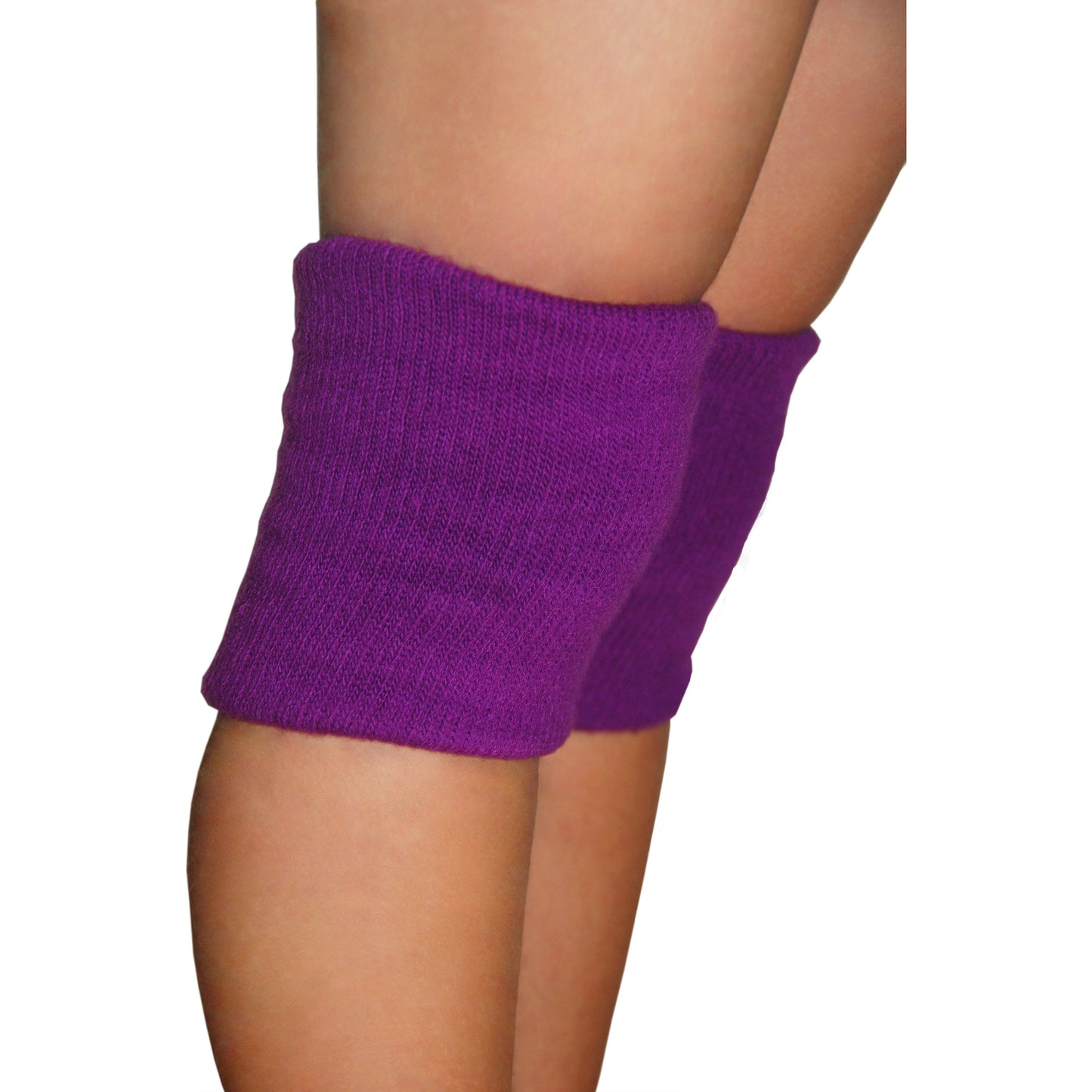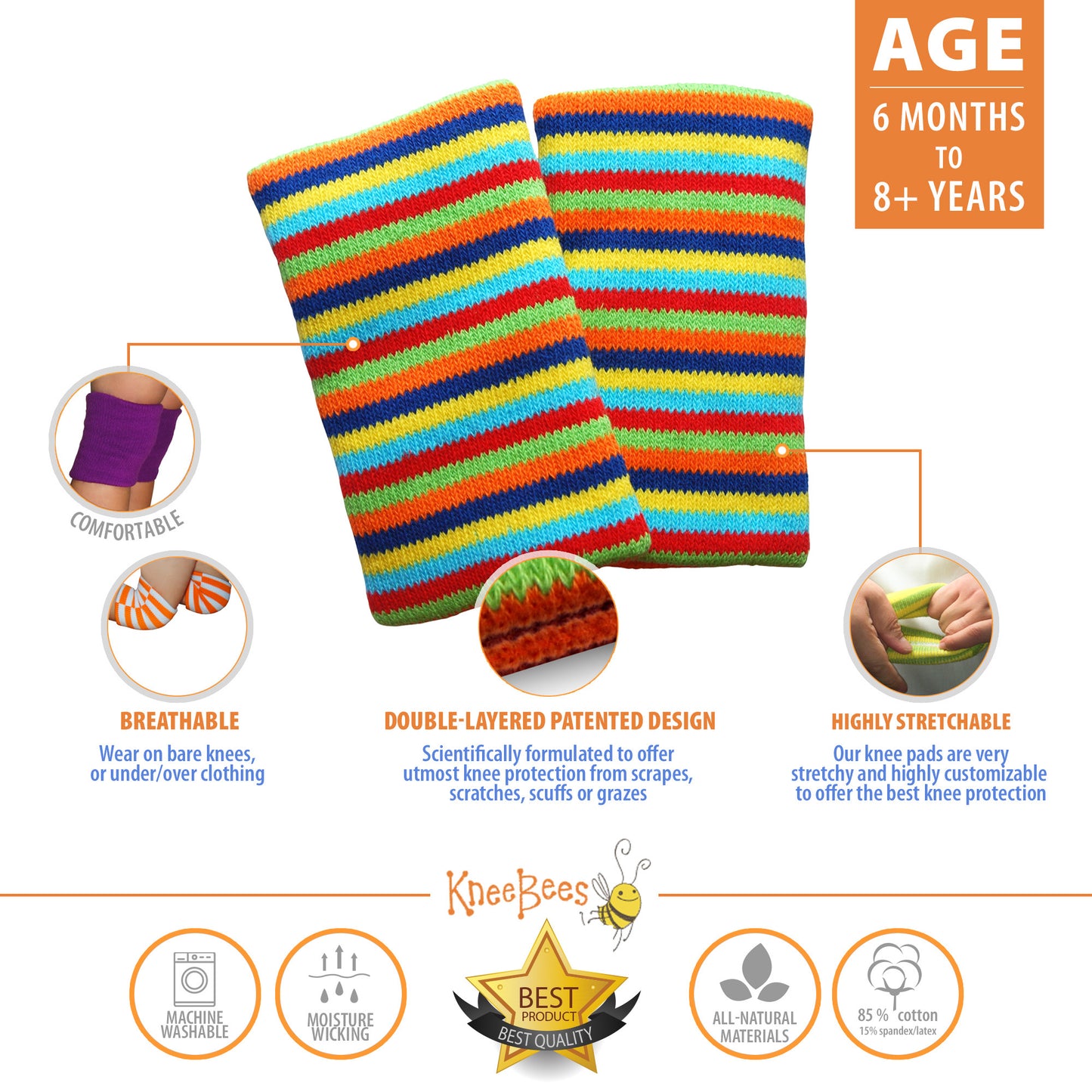Easy Tips on How to Raise a Polite Child
Share
"Good Day, Sir. How do you do?" We think every parent would love their child to use a greeting like this. Well, it can be done. As long as good manners are taught from very early age, as well as reinforced by personal example. We found the following article to be an great read and full of easy-to-implement advice. Enjoy and have a wonderful day !!!
Teaching Kids to Mind Their Manners
By Isadora Fox
4 Basic Manners
Basic Table Manners
What to expect: By age 3, your child will be able to eat with a spoon and fork, stay seated at the table for 15 to 20 minutes, and wipe his mouth with a napkin.
What to do: During toddlerhood, offer your child his food on a small, no-break plate; encourage him to use his utensils; discourage him from throwing food by telling him, "We don't throw food on the floor. If you don't want any more, please say no, thank you."
Please and Thank You
What to expect: An 18-month-old may be able to say the words but not necessarily grasp their true meaning. By 2 1/2, kids can link the word to the concept.
What to do: If your child hasn't gotten into the habit, gently prompt him by saying, "What do we say after we get a gift?" or "What do we say when someone gives us a treat?"
Sharing
What to expect: At around 2, a child begins to understand the concept of sharing and turn-taking -- though he won't necessarily relish doing either!
What to do: Encourage your toddler to share with his friends on play dates by giving him two similar toys and helping him offer one to his friend.
Apologizing
What to expect: Though a toddler of about 18 months has a basic understanding of empathy, he can't really understand why he's expected to apologize. By 2 1/2 to 3, he'll understand the concept but may be too caught up in his own affairs to do it on his own.
What to do: When your child snatches a toy from a playmate, discourage the behavior and play on his empathy: "We don't hit; hitting hurts." Then, prompt him to apologize: "When we hurt someone, we say, 'I'm sorry.'"
Let's Talk
Here are Sheryl Eberly's tips on teaching the basic rules of polite conversation.
Look at the party to whom you are speaking or who is speaking to you.
Tip: Tell your child to look for what color the person's eyes are.
Answer if you are asked a question.
Tip: Gently prompt your child to speak. Let him know that it's okay to say "I don't know."
Don't speak until the person you are speaking with is finished.
Tip: Encourage patience by telling your child to count to five before speaking.
Don't interrupt unless it's an emergency; if a friend is sick, for instance, or someone needs to use the bathroom. If you must interrupt, say "Excuse me."
Tip: Develop a signal your child can use to indicate that he needs you -- raising his index finger, for example.
Play-Date Protocol
Play dates are a great opportunity to practice manners. Here's how to ensure your child is on his best behavior.
Set your child up for success. Young children behave well when they're rested and comfortable. Plan play dates around naps and meals.
Gently remind him of your expectations. Before you go, tell your child that he has to share and say "please" and "thank you."
Prompt him when he forgets to be mannerly. If your child takes a snack from your host without comment, for example, say, "Please thank Mrs. Jones for the cookie."
Step in when things get hairy. During the play date, someone will inevitably hit, bite, or toy-snatch. If your child is the instigator, say, "That made your friend feel bad. Let's make him feel better by saying that we're sorry."
Help him thank his host. When you leave, remind your child he had fun and prompt him to say "thank you."
Mr., Mrs., or Ms.?
Should your child call your best friend Jane or Mrs. Jones? Ultimately, say manners experts, it's up to your friend. However, some grown-ups prefer more formality than others, so err on the side of politeness. Introduce adults as "Mr." or "Mrs." and let the adult in question say, "Please call me Al," if that's his preference.
